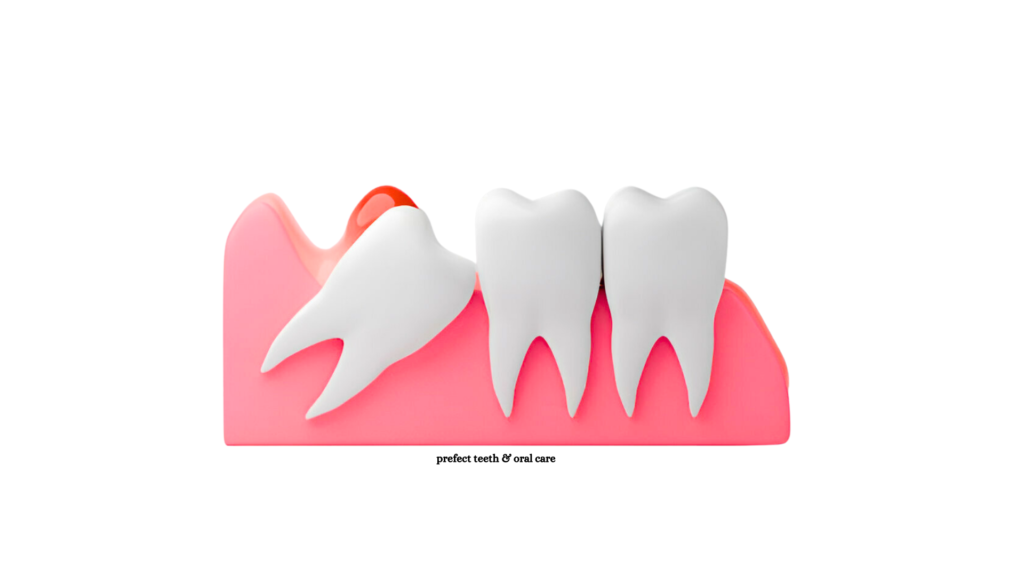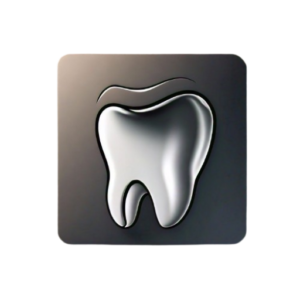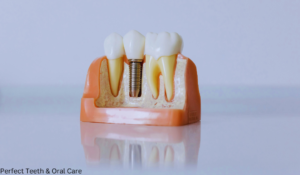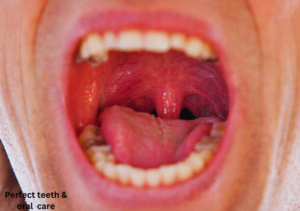What is an Abscessed Wisdom Tooth?
An abscessed wisdom tooth is one of the most painful conditions that can arise when wisdom teeth cause problems. This happens because abscesses are formed when infection takes hold inside the tooth’s inner core or pulp, leading to pus that collects at the root or in the surrounding gum tissue. If the tooth is impacted or partially erupted, the small flap of gum that partially covers it becomes susceptible to bacteria. These bacteria can thrive in areas that are hard to clean, which can generally lead to severe dental emergencies. Patients experiencing this should seek immediate treatment to avoid putting their oral health at risk. Such infections are uncommon in modern-day humans, partly because our jaws are often too narrow for these third molars to properly fit. However, if left untreated, the infection can spread throughout the body, overwhelming the immune system as it sends white blood cells to fight the contamination. Factors such as poor hygiene, diets high in sugar and carbs, and dry conditions can increase the risk of developing infections. A skilled oral surgeon can help remove the infected tooth and guide you on the necessary steps to obtain relief, ensuring you avoid further problems.
Signs and Symptoms of a Wisdom Tooth Abscess
A wisdom tooth abscess often develops when an impacted tooth or partially erupted wisdom tooth becomes infected. The tooth’s inner core, pulp, or gum tissue may harbor bacteria, leading to pus that collects and causes a painful dental abscess. Here are the symptoms to recognize- Swelling in the gums, jaw, or face, along with tenderness or discomfort during chewing and eating.
- Persistent toothaches or pain radiating to the neck, ear, or jaw, making even small movements painful.
- Bad breath, a foul-tasting fluid, or a salty taste when the abscess ruptures, often accompanied by a visible white spot on the gum.
- Difficulty swallowing, breathing, or speaking due to the swelling, along with fever and swollen lymph nodes.
Treatment for a Wisdom Tooth Abscess
When dealing with a wisdom tooth abscess, an oral surgeon often recommends removing the affected tooth to prevent further issues. If left untreated, the infection can spread and lead to systemic problems such as damage to surrounding teeth, misalignment, or even life-threatening conditions like sepsis. It is preferable to have wisdom teeth extracted early, ideally before you turn 25, as shorter roots make the procedure simpler and reduce risks.Infection Risks
A wisdom tooth abscess can cause an infection to enter the bloodstream, leading to severe complications throughout the body. This systemic spread can result in sepsis, which poses significant health threats. Removing the impacted wisdom tooth stops the infection from advancing and eliminates the risk of painful, recurring symptomatic episodes. Early action is vital to safeguard your oral health and overall well-being.Home Remedies for Dental Abscess
Dealing with a wisdom tooth abscess can be quite uncomfortable, but some simple remedies may provide temporary relief.Saltwater Rinse
- Mix half a teaspoon of salt with half a cup of warm water.
- Swish the solution in your mouth for a few minutes.
- Spit it out.
- Repeat up to three times a day.
Baking Soda Mixture
- Combine half a tablespoon of baking soda, half a cup of water, and a pinch of salt.
- Swish the mixture in your mouth for up to five minutes.
- Spit it out.
- Repeat twice daily.
Cold Compress
- Apply a cold compress to the swollen or tender area.
- Use in 15-minute intervals.
- Repeat multiple times a day to reduce swelling and discomfort.
Importance Of Good Oral Health
Maintaining good oral health is your best defence against issues like a wisdom tooth abscess. Simple habits such as brushing twice daily and flossing can help prevent dental decay and preserve the health of your gums. Regularly visiting your dentist every six months allows your oral health to be monitored through x-rays, ensuring early detection of potential problems with your wisdom teeth. Early intervention can prevent unnecessary complications and the need for a dental emergency later.
When wisdom teeth emerge, their position can sometimes cause trouble, leading to painful abscesses or other issues. If these teeth are problematic, wisdom teeth removal is often recommended to avoid future risks. By addressing concerns early, you can ensure the preservation of your overall oral health and prevent unnecessary treatments. Be an advocate for your well-being by taking preventive steps to keep your smile healthy.FAQs
How serious is a wisdom tooth abscess?
Leaving a tooth abscess untreated can lead to serious, even life-threatening, complications.Will a wisdom tooth abscess go away on its own?
Dental abscesses are frequently painful, though not always. Regardless, they should be examined by a dentist. It’s important to seek help promptly, as abscesses do not resolve on their own. In some cases, they can spread to other areas of the face and neck, potentially making you ill.
Will antibiotics get rid of a tooth abscess?
In most cases, early treatment can eliminate the infection and preserve your tooth. Antibiotics alone will not cure a tooth abscess; it must be addressed by a dentist or dental professional.


